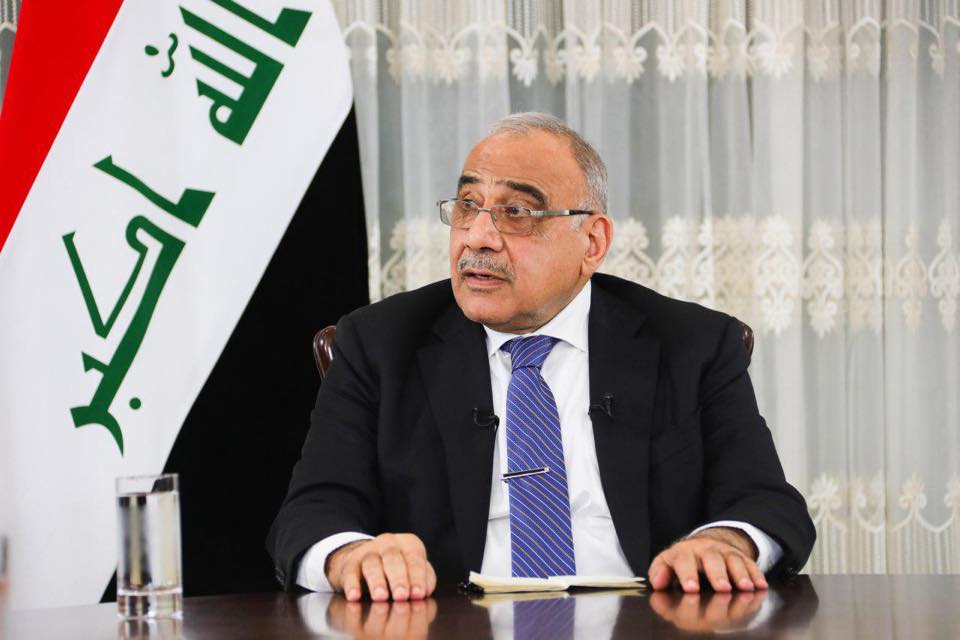
BAGHDAD — An eerie calm prevailed Sunday in the Iraqi capital Baghdad at the start of the working week, following a bloody night when security forces opened fire to break up the anti-government protests, killing at least 19.
Meanwhile, Iraq’s Prime Minister Adel Abdul-Mahdi called on protesters to end their street rallies, saying he is ready to meet with them and hear their demands. He said there were orders for the security forces not to use live ammunition, except in strict cases of self-defence.
Abdul-Mahdi spoke late Saturday as one of the bloodiest in five consecutive days of unrest unfolded in Baghdad.
Baghdad has been at the centre of anti-government protests that have quickly spread to the country’s south. At least 84 were killed, including more than 50 in Baghdad, since Tuesday during protests that began with demanding jobs and an end to corruption and now include calls for justice for those killed in the protests.
On Saturday in Baghdad, security forces opened fire on protesters gathering in streets at least a mile from Tahrir square, killing at least 19.
Abdul-Mahdi said the security forces are “trying to carry out their duties” and have also incurred casualties, saying the violence has been “reciprocated.”
He promised an investigation to determine who is firing live ammunition.
“We can’t accept the continuation of the situation like this,” Abdul-Mahdi told his Cabinet late Saturday in televised remarks. We hear of snipers, firebombs, burning a policeman, a citizen.”
“Not a political party office” or government office have been spared attacks, he added.
“I am ready to go wherever our brotherly protesters are and meet them or send them envoys to other locations without any armed forces. I will go and meet them without weapons and sit with them for hours to listen to their demands,” he said.
Abdul-Mahdi said he requested “in return” an end to protests in the capital and other provinces.
On Sunday, Baghdad’s streets were mostly quiet and traffic thin. Students made it to schools and government employees returned to work. But burnt tires and debris littered thoroughfares while security remained heavily deployed in many neighbourhoods.
Armoured vehicles blocked access from as far as four kilometres (2.5 miles) to Tahrir square, the central converging point for the rallies.
Protesters have regularly taken to the streets in the afternoons since last week, defying an around-the-clock curfew and authorities blocking the internet. On Saturday, in the southern cities of Nasiriyah and Diwaniyah, protesters defied curfew still in place there. Thousands in Nasiriyah marched to the offices of three political parties and a lawmaker, torching them. In Diwaniyah, at least one protester was killed.
In a new development amid the unrest, masked gunmen in black cars and wearing black clothes stormed the offices of Al-Arabiya, a Saudi-owned pan-Arab news channel, beat up some of the employees and smashed equipment before they fled. The attack came after the station had received threats for several days.
Gunmen also attacked the offices of Iraq’s private Dajla and NRT news channels, according to employees at the stations. Both of those stations are privately owned.